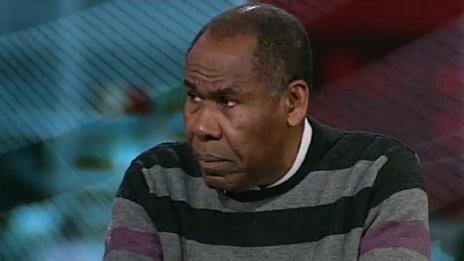Black Boy Lane in Tottenham renamed over racial connotations
- Published
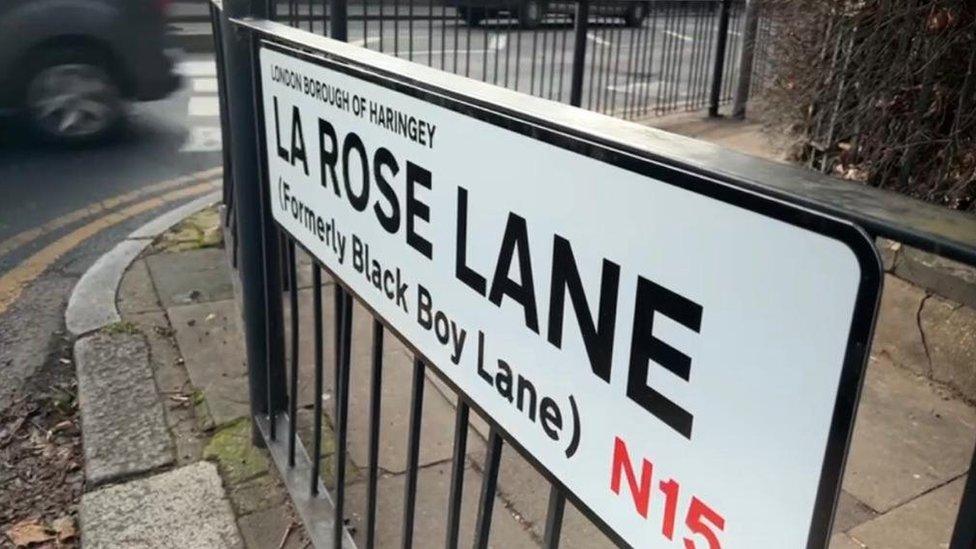
The road is now named after the black poet, publisher and activist John La Rose
A street in north London has been renamed due to concerns about the racial connotations of its former name.
Previously known as Black Boy Lane, the Tottenham road is now called La Rose Lane, after the black poet, publisher and activist John La Rose.
His grandson Renaldo La Rose described the name change as a "beautiful thing".
Others have criticised it for bring a "performative display of virtuousness" and a "futile gesture".
Mr La Rose, who is from the area, told BBC Radio London: "Growing up, I didn't know the origins of Black Boy Lane, why or when it was called that, by who or what it was based on.
"But one thing we do know for sure, La Rose Lane is named after John La Rose, and you can see the tangible work he did for the community now."
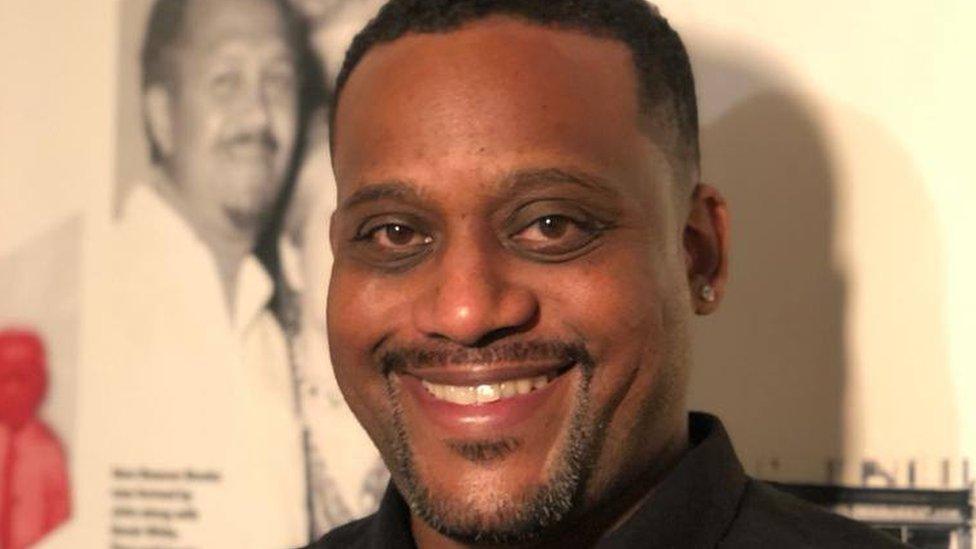
John La Rose's grandson Renaldo celebrated the name change as a "beautiful thing"
He added: "Whereas there were questions before, there are no questions now."
Leader of Haringey Council Peray Ahmet said: "We're commemorating someone who has a huge legacy in our borough.
"So this [name change] is only fitting and right and proper.
"To have a road named Black Boy Lane in this day and age seems archaic."
Who was John La Rose?
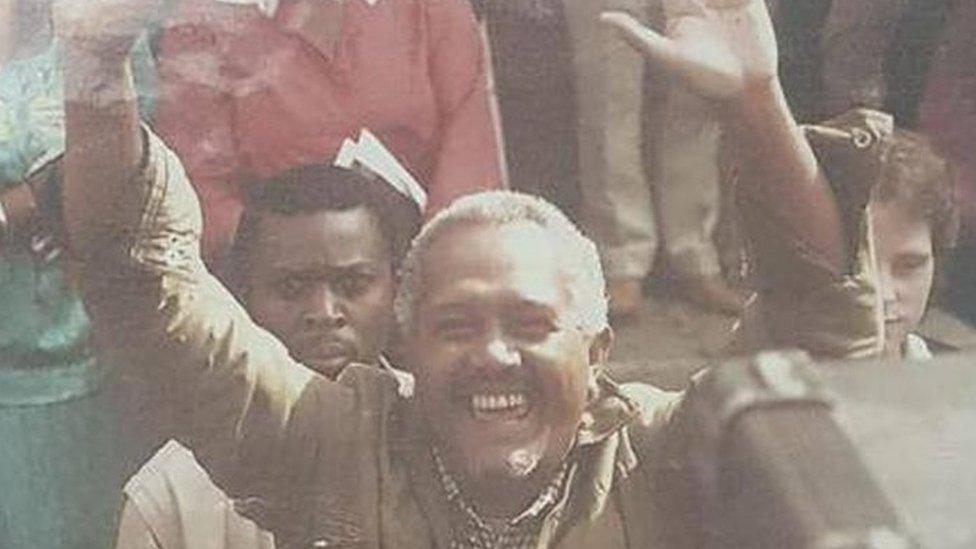
John La Rose came to Britain from Trinidad in 1961
Mr La Rose was a poet and social activist from Trinidad.
He arrived in Britain in 1961 and, in 1966, founded New Beacon Books in Finsbury Park - described as the first Caribbean publishing house, bookshop and international book service in the UK.
Mr La Rose was an advocate for Caribbean artists, children and workers.
Haringey Council said that in 1975, after a black schoolboy was assaulted by the police in the borough, Mr La Rose and concerned parents founded the Black Parents Movement to combat what they described as the brutalisation and criminalisation of young black people.
The movement became "one of the most powerful cultural and political movements organised by black people in Britain", the council said.
What do supporters of the change say?
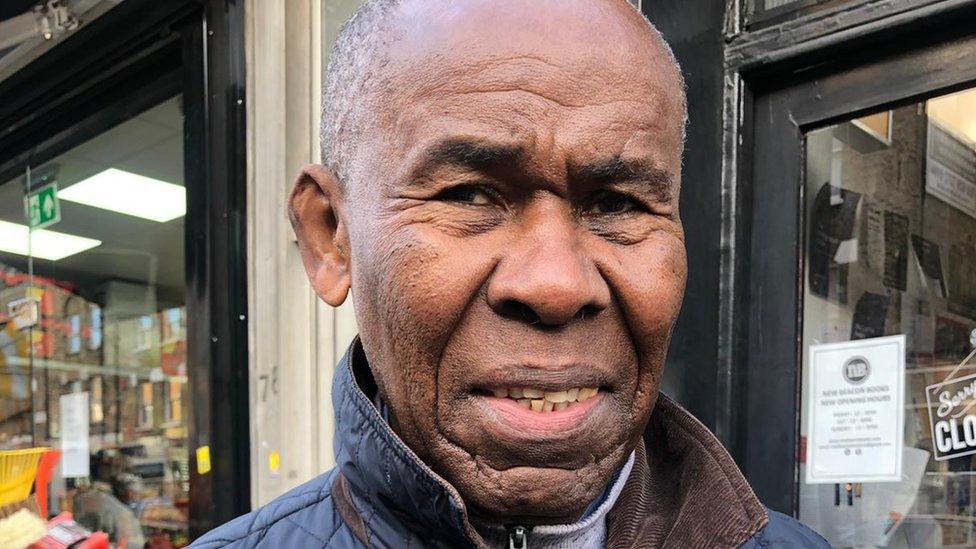
Prof Gus John is a descendant of enslaved Africans
Prof Gus John, an academic and equality and human rights campaigner, helped set up New Beacon Books with Mr La Rose, and was also a close friend.
He said: "I thought it was about time.
"For us as black people the very notion of Black Boy Lane when we remember the era of enslavement was more or less [that we were] mascots to the rich and wealthy, and has connotations for us in how we came to be here at all.
"In this day and age, with a growing African population in this country and more and more African heritage people born here, it seems completely backwards and archaic to have a road called Black Boy Lane."
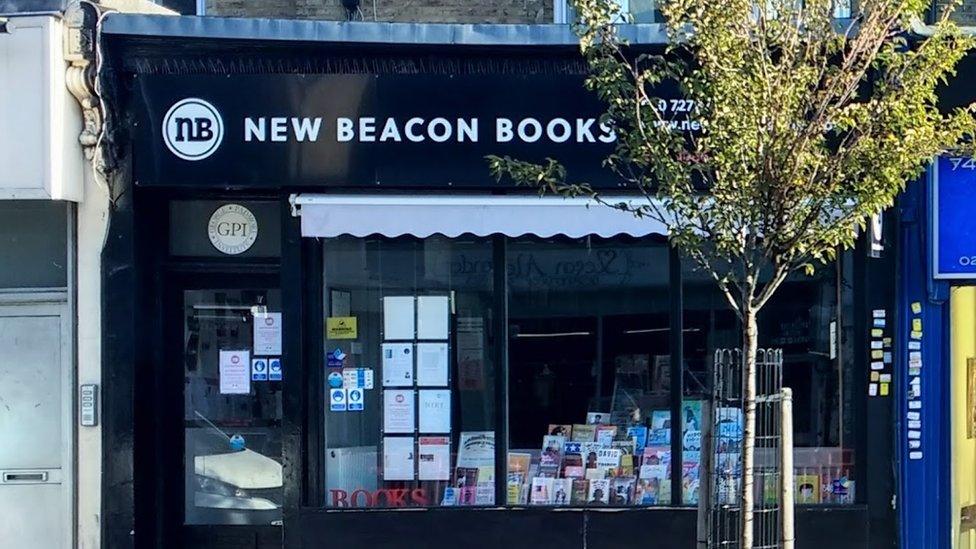
New Beacon Books has traded in in Stroud Green Road, Finsbury, since 1966
How did the name change come about?
Haringey Council began a consultation following the death of George Floyd in Minneapolis in 2020.
The council said many local people had concerns about the racial connotations of the name and "the impact its continued use has on black people in Haringey" but admitted that "a significant number of residents of the street" objected to the plans.
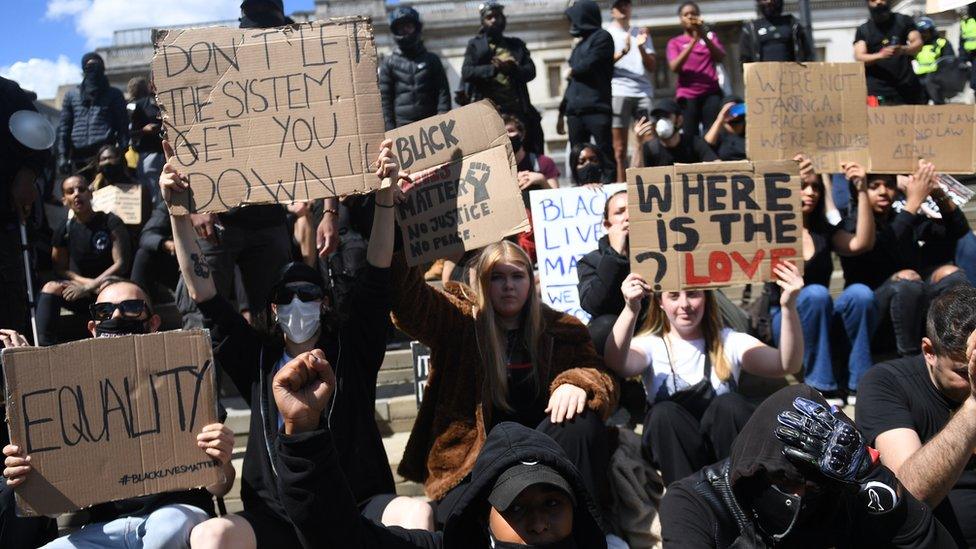
The death of George Floyd in the US in May 2020 sparked global anti-racism protests, including in London
The local authority said the name change was part of a wider-ranging review into the history of street names in the borough.
Several buildings and streets in London with names linked to the transatlantic slave trade have been renamed in recent years.
What do critics say?
The campaign group Save Our Statues said it was a "futile gesture" and criticised the use of public money spent on it.
Founder Robert Poll said: "This move is representative of the current impulse to hunt out racism and offence where there is none as a performative display of virtuousness."

Follow BBC London on Facebook, external, Twitter , externaland Instagram, external. Send your story ideas to hellobbclondon@bbc.co.uk, external
- Published9 January 2023
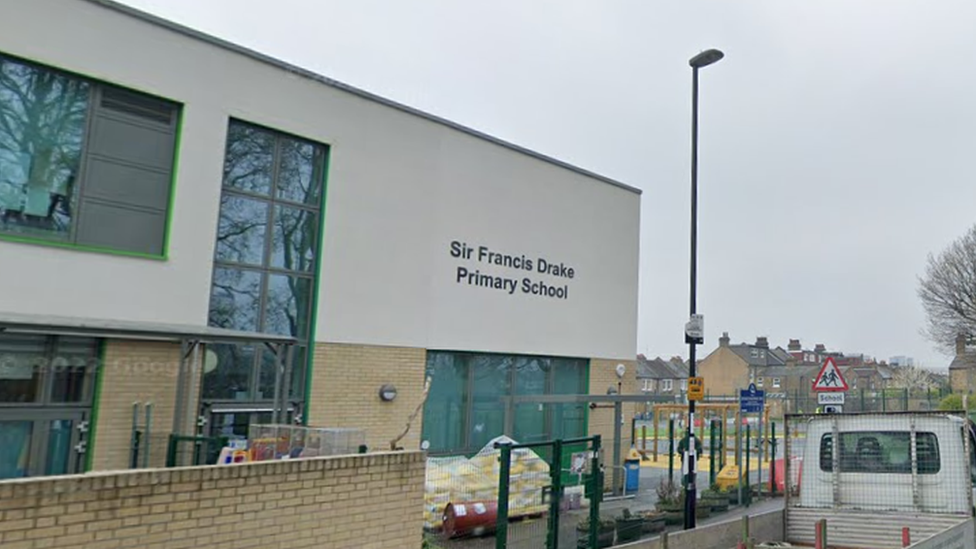
- Published14 January 2022
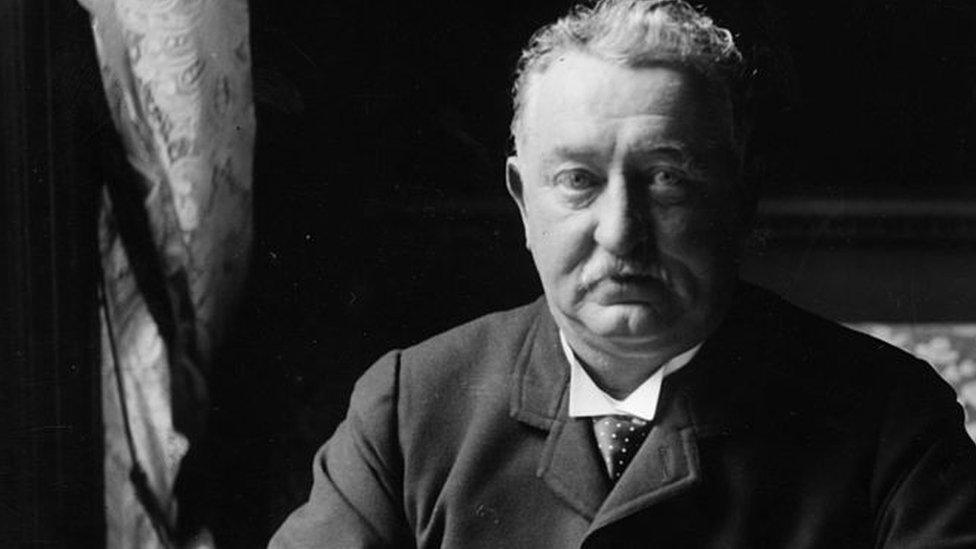
- Published5 November 2021
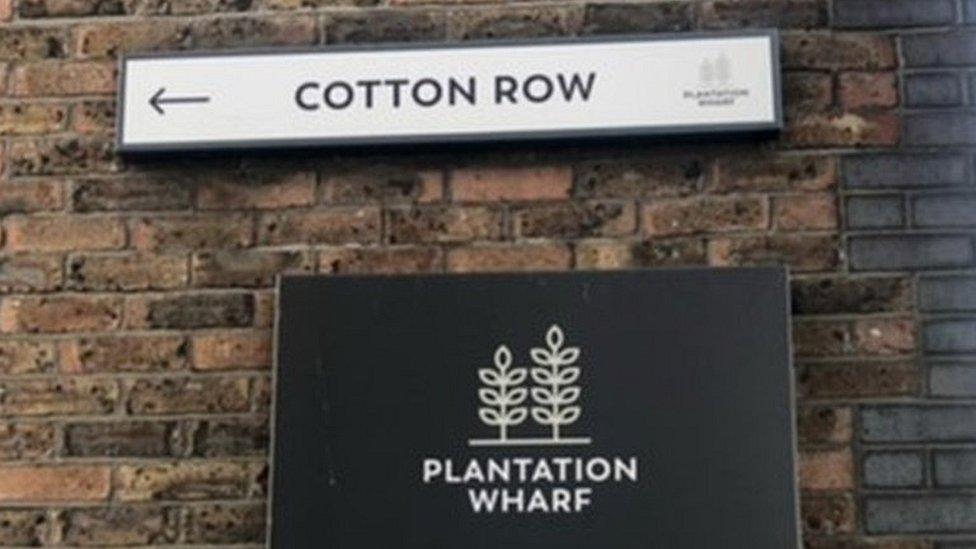
- Published2 September 2020
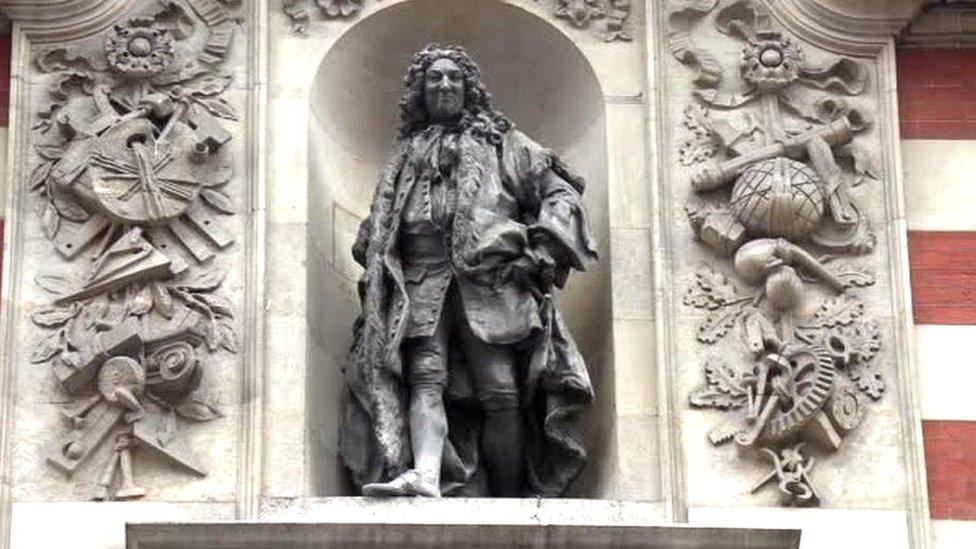
- Published16 July 2020
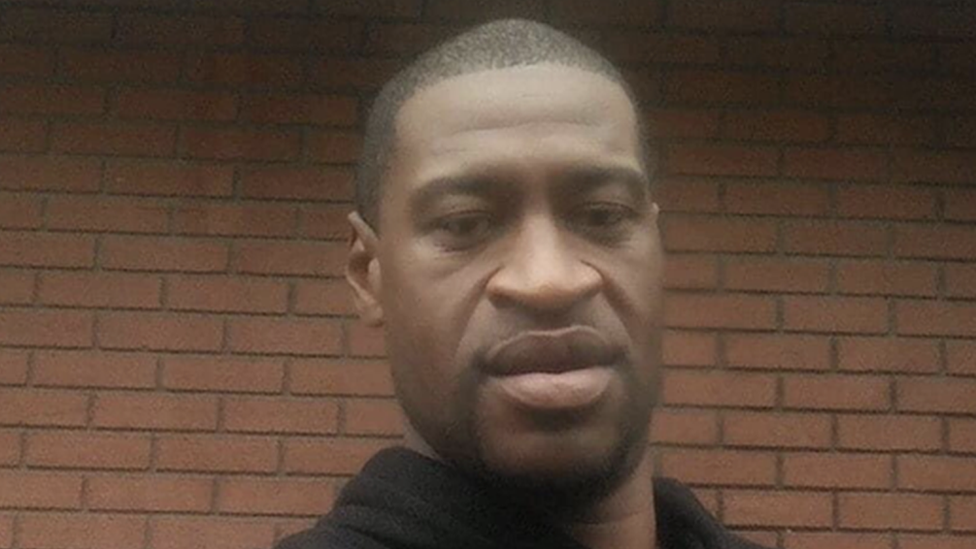
- Published11 June 2020
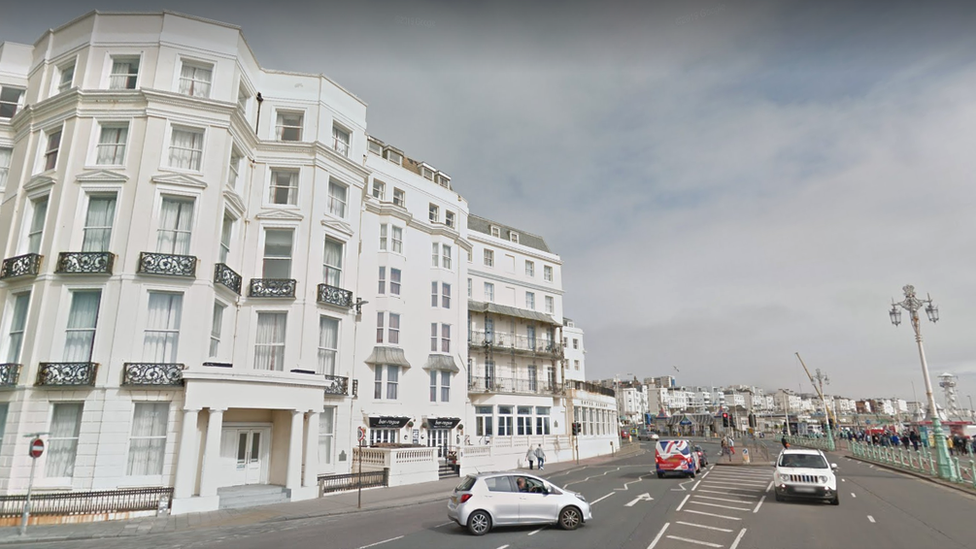
- Published20 December 2011
